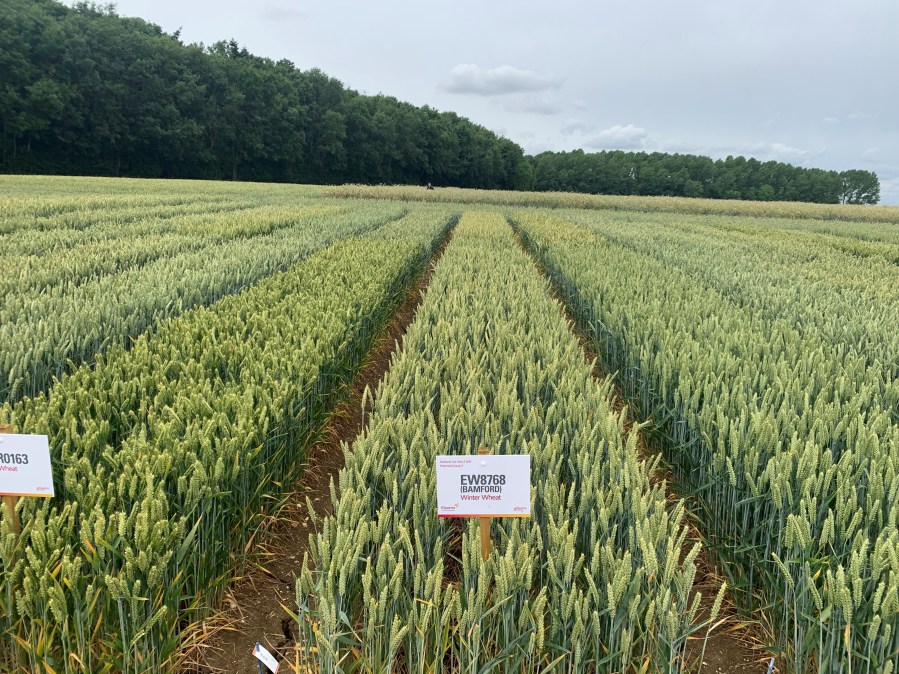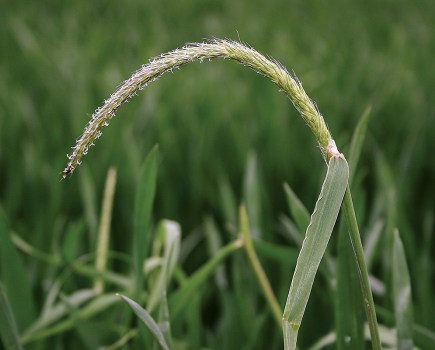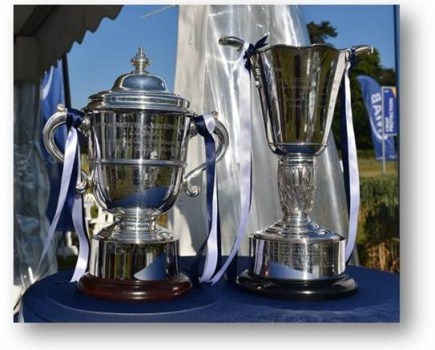Incoming Group 3 wheat variety, Bamford, is showing early promise following AHDB National List trials, according to seed trade experts.
The soft Group 3 wheat has attracted the attention of both Laura Beaty and Andrew Bourne, thanks to its potential as a variety for distilling.
Laura, seed grain director at McCreath Simpson and Prentice, says she’s followed the variety’s progress closely through NL1 and NL2 trials. “With a treated yield of almost 106% supported by an untreated yield of 92%, Bamford looks to be one of the most exciting varieties going forward to the 2024 Recommended List (RL),” she says.
Disease resistance
According to Laura, a septoria rating of 7 plus strong disease resistance to both mildew and yellow rust, makes for a robust, attractive offer for all UK regions.
“We’re always on the lookout for high yielding Group 3s that are suitable for distilling. Having seen positive reports on the variety’s alcohol yield and residue viscosity, as conducted by the Scottish Whisky Research Institute at NL2, we can already see Bamford’s commercial promise,” says Laura.
“On maturity, Bamford’s +1 rating fits nicely between Skyscraper and many of the other soft wheats which carry a very early +2 score, and its ability to bridge that gap should help larger growers to spread their harvests.”
Parentage
Andrew agrees with Laura’s viewpoint, having first observed Bamford in NL1 trials on a breeder’s site in 2021. The seed manager for T Denne and Sons says it was singled out as ‘one to watch’. “The septoria rating is a stand-out stat, but when you look closely at Bamford’s parentage and realise that it’s a Moulton cross, not a Cougar cross, then the genetic sums begin to add up.
“In our region we still have a lot of growers with KWS Zyatt and RAGT Skyfall, both good yielders but with high susceptibility to yellow rust. Bamford’s 7.8 score for yellow rust, combined with its high yield, could make it a popular choice for the South,” he says.
According to Andrew, Bamford could be another Riband or Consort – two successful varieties which came out of the Plant Breeding Institute (PBI) programme in the 1990s. He says it has great potential.
Market flexibility
“Bamford is not only the most competitive Group 3 variety at this stage, but it has the potential to become one of the most marketable soft wheats with suitability for biscuit-making, export and distilling.
“With that kind of market flexibility, it certainly looks to be one of the most exciting NL candidate varieties on this year’s list,” he concludes.




